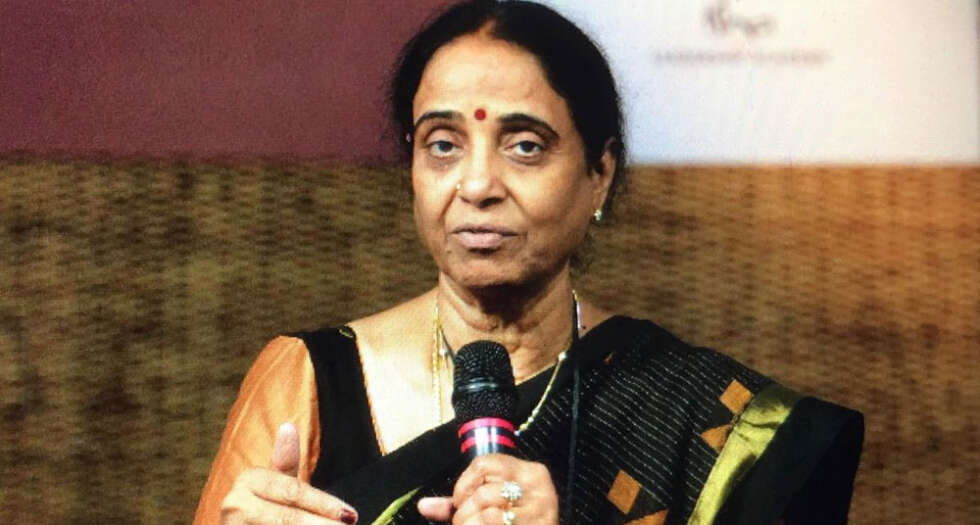Mrs. Lata Vaidyanathan is a well-known name in the field of school education and of fondly remembered by her students. She has developed and headed some of the best known schools. Here are excerpts of an interview with her on the education system in the country.
You had an illustrious career in education please tell us about its highlights.
I started my beautiful journey from teaching in Kendra Vidyalaya, Jammu, for four years where I taught PGT classes. I am happy to have remained associated with some of the best institutions like Bhavan Vidyalaya, Chandigarh, Eicher School, Parwanoo and Modern school, Barakhamba road, New Delhi, for almost three decades as Principal. Currently I am Director and Manager of Gyan Bharati School, Saket. It is not about what I gave, it is also about what I got from the institutions because I was a learner and one needs to be a lifelong learner.
Are you satisfied about the existing system of school in India ?
In a plural society like ours, a 5000-year-old civilisation and 75-year-old independent country, we inherit a brilliant system of “Guru-Shishya parampara” which I think is known worldwide. However, citizens over the last 70 years have been victims of the Macauley system of education which was imposed on us by the British rulers. It is also sad that a large section of society still has no access to quality education. What I am happy about is that I think succeeding governments are trying to put that in place. I think the government school system must improve. If education is to be made free, it must be qualitatively good too. The education system will only be considered satisfactory when mass education is of good quality. Still there is a long way to go and that must be achieved by the people, through the people and for the people.
How important is the Right to Education ?
The Right to Education should be a birth right from the time a country becomes independent. Depriving someone of education or education not becoming accessible to all, is the government’s fault. The RTE gives a feeling of reservation. In my view it’s a right, not a reservation. The child should have access to quality education close to where he or she lives. That is called the right to education in my interpretation. It is the birth right of every child to be educated, it is a business of the socio-economic system of the society to provide for it and it is the responsibility of the government to deal with it.
What is the biggest challenge to the vision of fully educated India?
Well, reach the last mile and to the last child. I was reading a piece where it was said the children who remain out of school, put the country behind by two decades. Today we live in a world where we are developing in all aspects on the one hand and on the other we see resources that are not accessible to all the sections of the society equally. It is very important that the rural population receives quality education and awareness.
How we can improve the education system in our country ?
There has to be a will, desire, and allocation of resources. In India millions of kids don’t go to schools. They end up working in factories to support their families. The condition of girls in such households is worse as they end up working as maids in homes. Start a parallel education system aimed only for such kids. There should be school in every corner of India so that every person can go to learn. We need to build a better system of education where liberal education is encouraged. Students should be allowed to discover their passions and interests and most important, have well-trained teachers.
Is it the duty of the government to regulate schools?
Yes. Like every system, for the functioning of a good society there has to be regulation. Good work must be associated with good regulation because we cannot predict human behaviour as good, average or bad. Regulations will help to control the exploitation in the education system.


